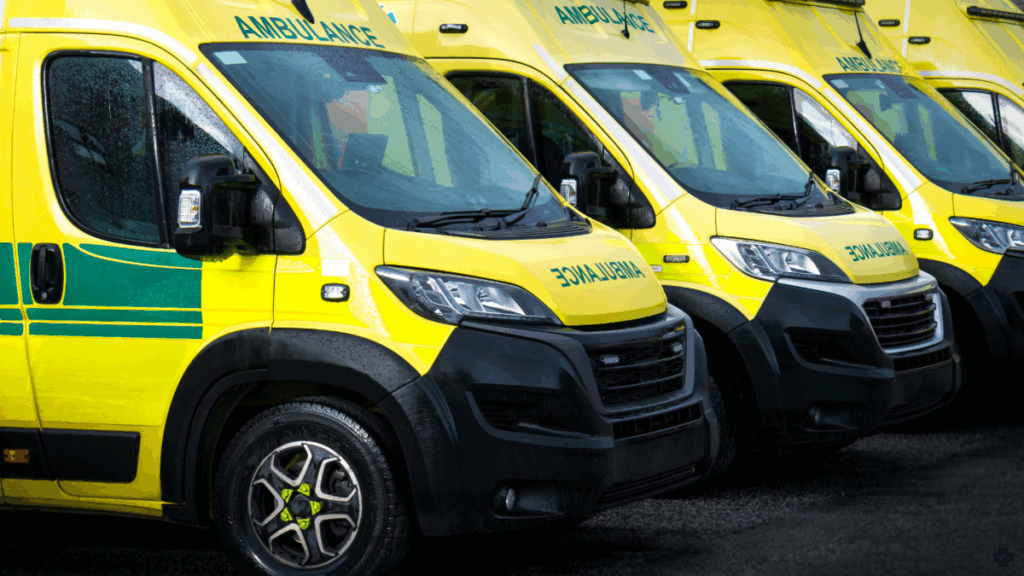In a significant stride towards more effective cancer care, the UK’s National Health Service (NHS) has unveiled Cancer 360. Breaking news reports explain this new cutting-edge digital platform has been designed to remove obstacles in the way of impactful cancer diagnoses and treatments.
The Cancer 360 initiative aims to revolutionise patient care by centralising data, reducing administrative burdens, and enhancing clinical decision-making.
Understanding Cancer 360
Cancer 360 is a comprehensive digital tool integrated into the NHS Federated Data Platform (FDP). It consolidates patient information, such as test results, referrals, and clinical notes, into a unified dashboard.
This centralised system replaces fragmented methods involving spreadsheets, emails, and paper records, enabling clinicians to access real-time data efficiently.
The platform’s design facilitates a holistic view of a patient’s cancer journey, allowing healthcare professionals to monitor progress, identify urgent cases, and develop personalised treatment plans promptly.
The implementation of Cancer 360 offers several advantages:
- Accelerated diagnoses: By streamlining data access, clinicians can diagnose patients more swiftly, reducing the time between referral and treatment initiation.
- Improved treatment timelines: The platform aids to meet NHS targets, such as initiating treatment within 62 days for 85 percent of referred patients.
- Enhanced patient experience: With reduced administrative tasks, healthcare providers can focus more on patient care, leading to better outcomes and satisfaction.
- Resource optimisation: By identifying and prioritising urgent cases, the NHS can allocate resources more effectively, ensuring timely interventions.
Current UK Cancer Statistics

The urgency for such innovations is underscored by the current cancer landscape in the UK. According to The Times, by the end of 2025, approximately 3.4 million people in the UK are expected to be living with cancer. This prevalence is influenced by factors like an ageing population and lifestyle choices.
Only 60 percent of cancers are diagnosed at stages one or two, falling short of the 75 percent target, highlighting the need for improved early detection methods, says the article.
The government’s investment of £26 billion into the NHS, with £2 billion allocated for technological enhancements like Cancer 360, underscores a commitment to modernising healthcare infrastructure.
Recent pilot programmes at Royal United Hospital Bath and Chelsea and Westminster Hospital have demonstrated the efficacy of Cancer 360. These institutions reported improved diagnosis times and enhanced patient experiences.
Healthcare professionals have also celebrated the platform for streamlining processes and facilitating better multidisciplinary communication.
As Cancer 360 rolls out across the NHS, it heralds a new era in cancer care characterised by efficiency, precision, and patient-centered approaches. By embracing digital innovation, the NHS is poised to enhance outcomes and save lives in the fight against cancer.
Pioneering More Effective Cancer Diagnosis
Over the past year, the NHS has made several notable technological advancements in cancer diagnosis and treatment. In addition to the launch of the Cancer 360 platform, the NHS has expanded the use of AI-assisted imaging tools to help radiologists detect tumours more accurately and quickly, particularly in breast and lung cancer screenings.
Innovations such as liquid biopsy trials for early detection of multiple cancer types through a simple blood test are also underway, with encouraging preliminary results.
Furthermore, the NHS is exploring robotic surgery and precision radiotherapy techniques that allow for more targeted cancer treatment with fewer side effects. These combined efforts reflect a broader strategy to improve outcomes, reduce backlogs, and personalise cancer care using the latest in data-driven and AI-powered technology.

